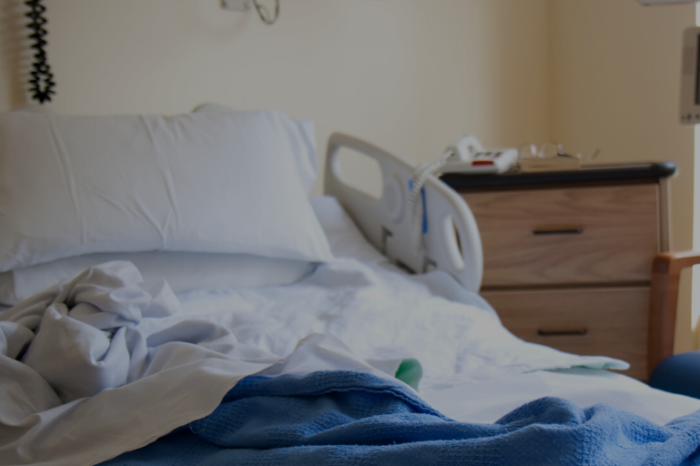COVID Tracker for Long-Term Care Facilities
/0 Comments/in COVID Transparency, rCOVID /by Editorial StaffRegrettably, in July 2021, Massachusetts stopped regularly reporting detailed information on nursing home COVID-19 cases and deaths that we could make available on this site. We again urge, especially during this Omicron surge, that the state resume the reporting that was in the Weekly Report because it provides critical information to families and healthcare professionals making placement decisions. Please see the link to a recent article about one home reporting its cases and deaths on its website. Please also see Pioneer’s August 13, 2021 Public Statement on the Discontinuance of the Weekly Public Health Report, which urged the state to reinstate that report.
This tracker uses data from the state’s weekly Public Health Report, which included any nursing home, rehabilitation center, or long-term care facility with 2+ known COVID cases and facility-reported deaths. It included the number of licensed beds, ranges of case numbers, deaths and deaths per bed for 320 facilities.
Get Our COVID-19 News, Tips & Resources!

WILL YOU COMMUTE TO WORK WHEN THE COVID-19 CRISIS IS OVER?
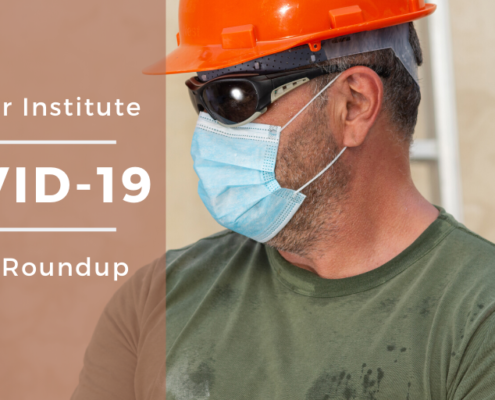
COVID-19 Roundup from Pioneer: How long does COVID-19 survive?; Remdesivir to the rescue; HubWonk: Attorneys & clients at risk? & more!
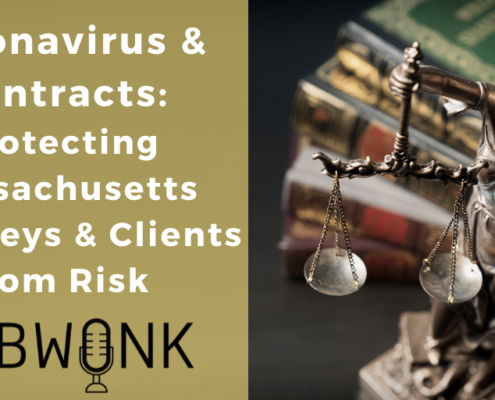
Coronavirus & Contracts – Protecting Massachusetts Attorneys & Clients from Risk

Buoy Health – Intelligent Front Door to Optimized Healthcare
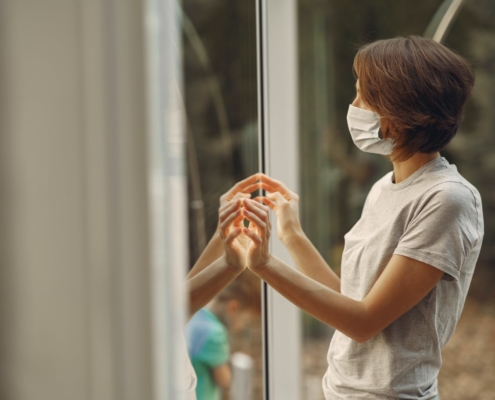
Elderly people were already vulnerable to COVID-19. Then it came to nursing homes.

Hospitality, Retail Trade, Healthcare Among ‘Most Vulnerable Industries’ in Terms of Unemployment due to COVID-19

Mapping COVID-19 in Massachusetts Cities & Towns
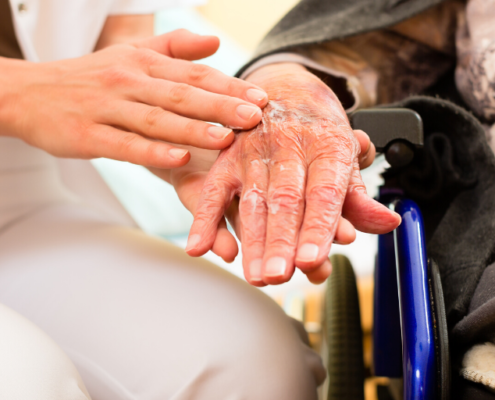
Transparency Needed at Long-term Care Facilities

Christensen Institute Co-founder Michael Horn on Digital Learning & COVID-19

COVID-19’s Impact on Rental Housing
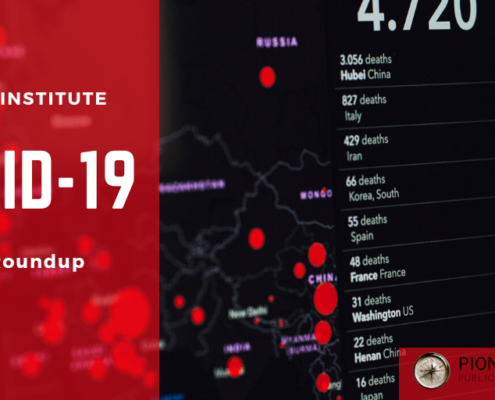
COVID-19 Roundup from Pioneer: Will plans to re-open hurt civil liberties?; COVID-19 model skeptic; SCOTUS returns!; New podcast, HubWonk; 5 Tips for online learning & more!

Which industry’s workforce has been hurt the most from the COVID-19 outbreak?

New Study Calls for Re-thinking Massachusetts’ COVID-19 Care Standards
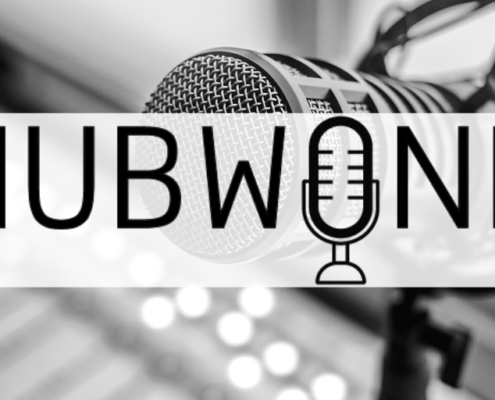
Pioneer Institute Launches Its New Policy Podcast, “HubWonk”

Will the COVID-19-related economic recession cause a spike in crime?

New Report Offers Case Study for Transition to Online Learning

The Institute for Justice’s Tim Keller on Espinoza v. Montana DOR & ongoing school choice litigation


